
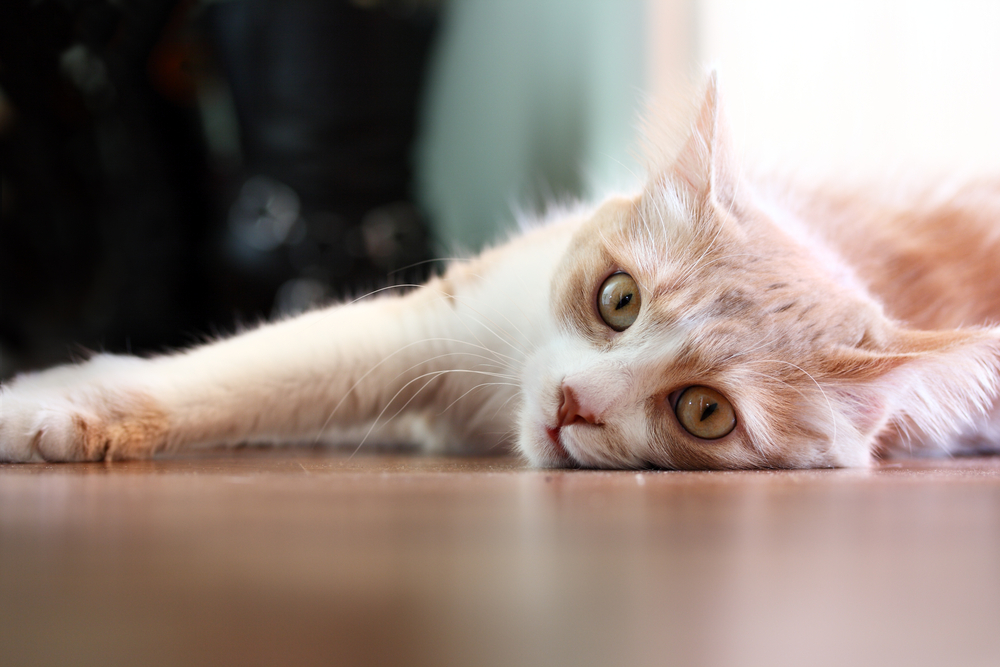
Stomatitis is the condition where the soft tissues in an animal's mouth become irritated and inflamed. In a cat's mouth, these tissues include the gums and tongue. It can become a major issue if bacteria or an infection enters the cat's blood stream.
Treatment options are available, and the prognosis is positive for cats suffering from this medical condition.
Stomatitis can affect both dogs and cats. If you would like to learn more about how this disease affects dogs, please visit this page in the PetMD health library.
Common symptoms or signs of Stomatitis can include:
The primary types of inflammation are:
In kittens, inflammation can occur as teeth become overcrowded in the mouth. Several metabolic disorders are also known to cause this inflammation, including an abnormal amount of waste products in the blood stream, inflammation of blood vessels in the mouth (common with diabetes), inadequate levels of the hormone (called parathyroid) and lymphoma. Infectious diseases and injuries to the mouth can also cause the inflammation.
A veterinarian will examine your cat's mouth for lesions, teeth decay, plaque, and other noticeable signs that may be causing the inflammation. In addition, laboratory blood work will typically be done to rule out any other underlying medical condition for the inflammation.
Antibiotics have been proven effective in reducing inflammation of a cat's oral cavity. In some cases, teeth will need to be surgically removed to reduce the inflammation. Teeth cleaning and proper dental and oral health should also ensure a quick recovery and good health for the cat.
To prevent inflammation, your veterinarian may recommend that you rinse or brush your cat's mouth. There are also some topical ointments that can be used to reduce or prevent inflammation of the cat's gums.
Image: Fortish via Shutterstock
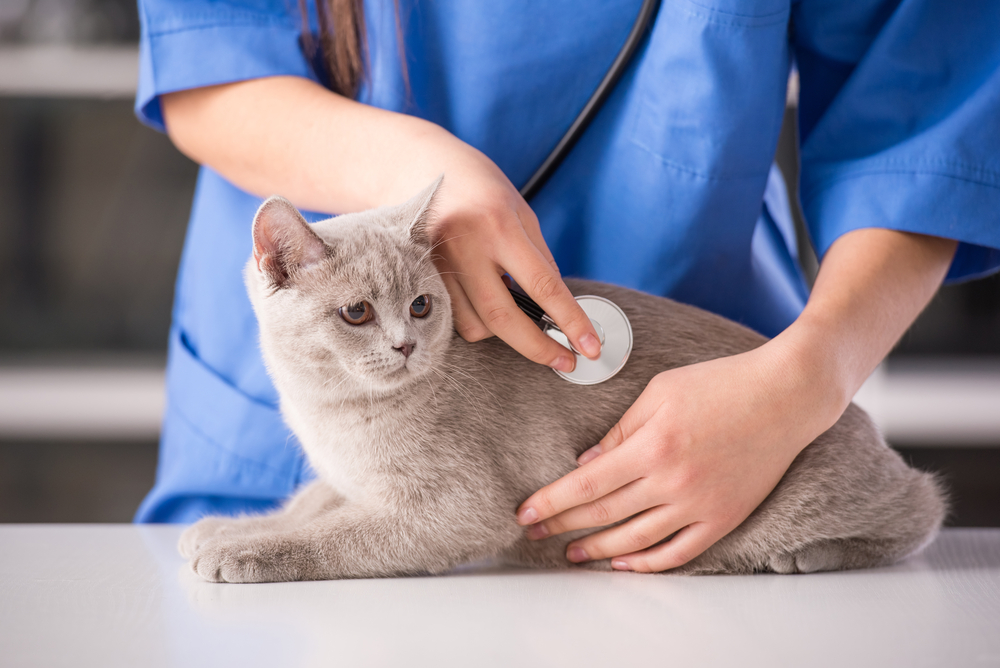 Kidney Failure and Excess Urea in the Urine in Cats
Renal Failure and Acute Uremia in Cats
The sudden
Kidney Failure and Excess Urea in the Urine in Cats
Renal Failure and Acute Uremia in Cats
The sudden
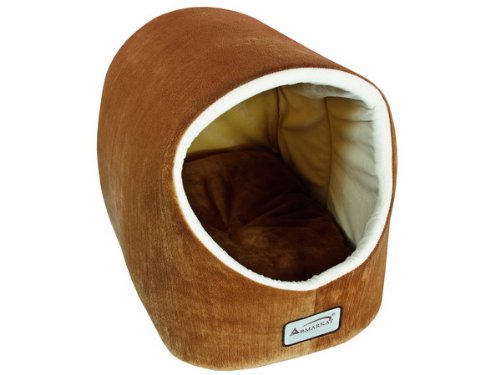 Tabby Cats as Family Pets
Who has not had the experien
Tabby Cats as Family Pets
Who has not had the experien
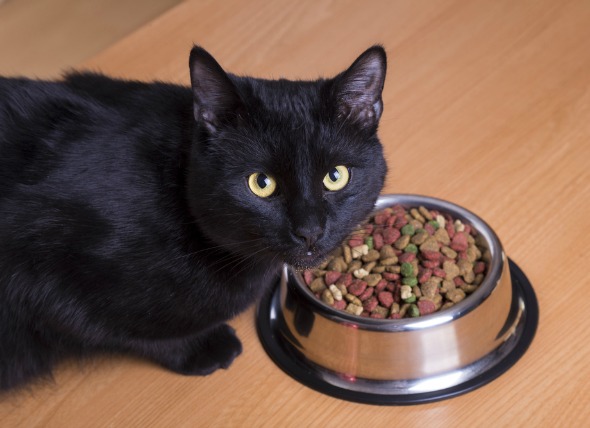 Skin Disease Due to Food Allergies in Cats
Dermatologic Food Reactions in Cats
While the pat
Skin Disease Due to Food Allergies in Cats
Dermatologic Food Reactions in Cats
While the pat
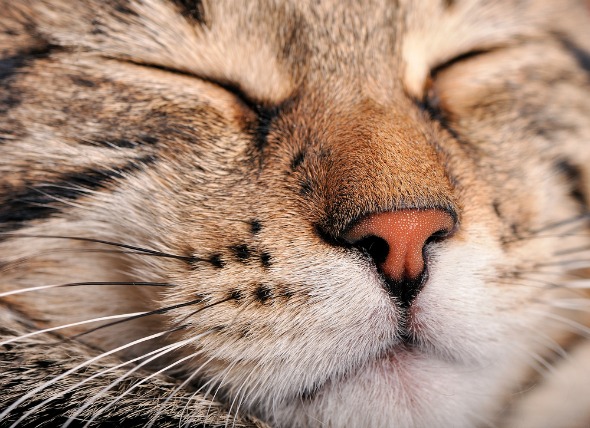 Nose Bleed in Cats
Epistaxis in Cats
A bleeding nose can be the resu
Nose Bleed in Cats
Epistaxis in Cats
A bleeding nose can be the resu
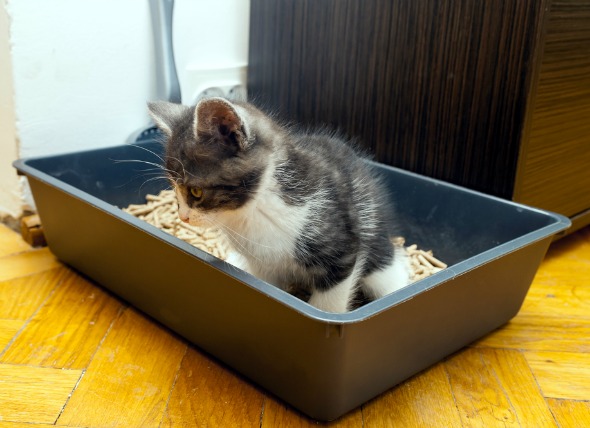 Urinary Tract Infection, Lower (Bacterial) in Cats
Bacterial Infection of Bladder and/or Urethra in Cats&nb
Urinary Tract Infection, Lower (Bacterial) in Cats
Bacterial Infection of Bladder and/or Urethra in Cats&nb
Copyright © 2005-2016 Pet Information All Rights Reserved
Contact us: www162date@outlook.com